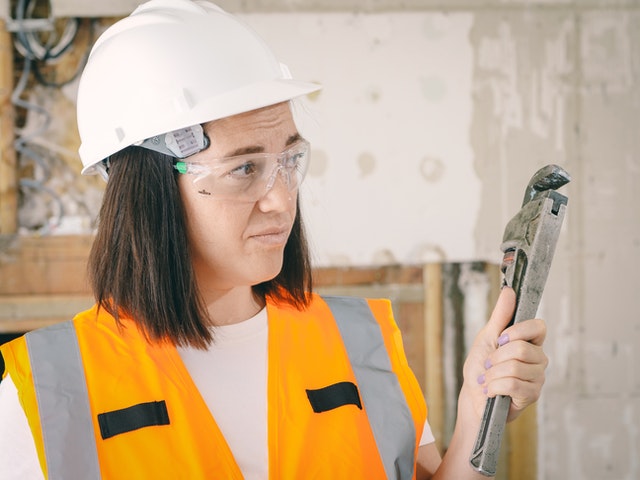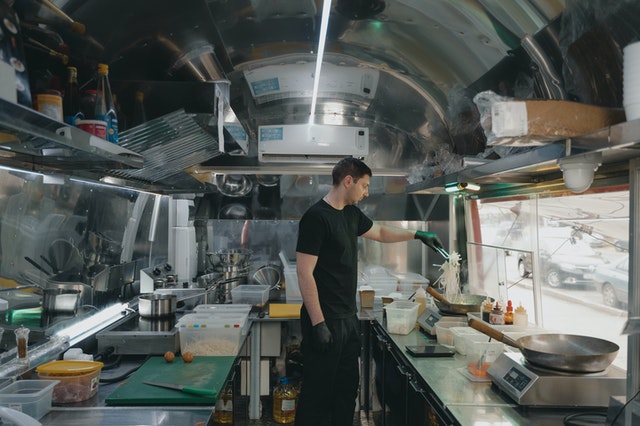Operating a commercial kitchen, you’re likely to encounter grease trap issues. If you fail to resolve the problems behind the clogging, you could face a health code violation. This arises from an unsanitary environment. It could even lead to the closure of your business.
Before that happens, it’s best to be proactive and study the usual grease trap problems. Resolving the issue ahead of time or preventing it from occurring in the first place will be beneficial to you and your business.
Why are Grease Traps Necessary?
The main purpose of grease traps is to segregate solid waste and FOG from wastewater. Otherwise, they can move along the pipelines and end up in the sewage system. Grease traps act as a barrier between the drain and the sewer.
It catches the wastewater and permits the grease residing in liquid form to solidify. This cooled heavy material remains in the trap while the wastewater is cleansed before landing in the sewer system.
What are the Common Grease Trap Problems?
Several issues can stem from grease traps and some of them are:

1. Clog in Crossover
Grease traps perform segregation of solid and liquid matter. There are 2 compartments that make this possible. However, debris may overflow and reach the crossover line of the compartments. Thus, resulting in clogging.
2. Clog in Incoming and Outgoing Line
When clogs occur in the incoming line, it can create backups from plumbing fixtures. Blockages can render the grease trap unable to perform its full function. When clogs occur in the outgoing line, it can flood the 2 compartments of the grease trap.
To prevent both issues, schedule regular cleaning of your grease removal unit.
3. Overflowing Grease Trap
Failure of the grease trap to quickly release the grease in the first compartment can produce an overflow. This affects both the incoming and outgoing lines as it clogs the crossover.
You can determine the issue by inserting a pole in the compartment. It will give you an idea of the grease trap’s depth. If the pole hits the bottom, you can conclude that a speedy pumping of the grease trap should be conducted.
4. Rotten Smell
Another typical grease trap issue is a bad smell. The foul odor is a result of the following:
- The grease trap’s condition has deteriorated thereby releasing gases into the commercial kitchen. It’s easily fixed by repairing the gasket.
- Irregular cleaning and pumping of the grease trap can lead to the spread of the rotten smell around the commercial kitchen.
- Heavy residue has collected on the plumbing and this must be taken out through the hydro-jetting device.

Professional Grease Trap Services
Dealing with grease trap problems can be stressful so it’s best to conduct preventive maintenance early on. Aside from the messy sediment you have to extract, it can also be costly. If you want to avoid these issues, it’s recommended to engage the services of a grease trap expert. You’ll also be saved from paying repair charges.
If you need to get in touch with a professional grease trap company, Greasecycle offers superior services! We offer top-of-the-line grease trap maintenance and cleaning to a great number of restaurant establishments, industrial companies, schools, and other commercial facilities.
You can’t afford to interrupt your commercial kitchen operations due to a malfunctioning grease trap. We help our clients meet their deliverables through our dependable grease trap cleaning services.
When you partner with us, blockages and backups will be prevented. We’re available to pump out the grease trap, gather the waste and bring it to our modern recycling quarters. We apply an environment-friendly process that converts waste into biofuel and compost.
1. Oil Recycling
As an additional income source, Greasecycle pays a premium on your used cooking oil. We end up recycling them making it beneficial for both our clients and the environment. Our used cooking oil collection is reliable and includes a variety of used cooking oils from fish oil to chicken fat and bacon grease.
A lot of people conclude that used cooking oil can no longer be converted into something useful. However, Greasecycle refines it and repurposes it into a feedstock for the biofuel sector. It’s great for the planet and helps in sustaining value.
Restaurant owners will be glad to know that they can get rid of the used cooking oil without stress. On top of that, they even earn money from the disposal of their used oil.

2. Grease Trap Waste Processing
Aside from regular restaurant owners and commercial kitchen owners as clients, we also support other grease trap pumpers and haulers for grease trap waste processing. They can turn over the grease to us and we can perform a collaborative effort as partners.
3. Preventative Drain Jetting
Overflows are frowned upon. It can get your establishment shut down by the city office. This equates to income losses each day that the shop is not serving its customers. When you partner with us, you will avoid this scenario since we can provide a consistent drain jetting service.
4. Bulk Oil Purchase and Tanker Freight Service
Apart from the services stated above, we’re also open to purchasing raw, unprocessed used cooking oil. So if you find yourself gathering a vast amount of it, we can get it off your hands at a good price.
Summary
Greasecycle is locally-based so access to our services is easy. We also promote an ecological approach by converting the used cooking oil waste and grease into a renewable biofuel. Given that we have invested in our own facility, we are certified to perform the hauling of waste from our clients’ grease traps.
Our specialty lies in grease trap maintenance and pumping services. We’re highly effective in keeping the rotten smells away from your restaurants. We extend a regular and consistent service schedule that eliminates the grease trap problems such as drain backups and overflows.
Our grease trap pumping and oil recycling services can also be customized according to the unique needs of your establishments. Contact Grease Cycle today at (919) 817-6792. We’re ready to serve you!